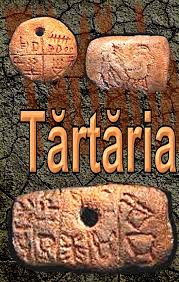
Introduction
In the heart of Transylvania, nestled in the village of Tărtăria, lies an archaeological treasure trove that has captivated scholars and historians for decades. The Tărtăria tablets, a set of three small clay tablets discovered in 1961, have been the subject of intense debate and speculation, as they may represent the earliest known form of writing in Europe, predating even the earliest Mesopotamian and Egyptian scripts.
These enigmatic artifacts, bearing intricate symbols and markings, have sparked a flurry of research and theories, each attempting to unravel the secrets they hold. Join us as we delve into the fascinating history, controversies, and potential implications of the Tărtăria tablets, shedding light on a chapter of human civilization that has long remained shrouded in mystery.
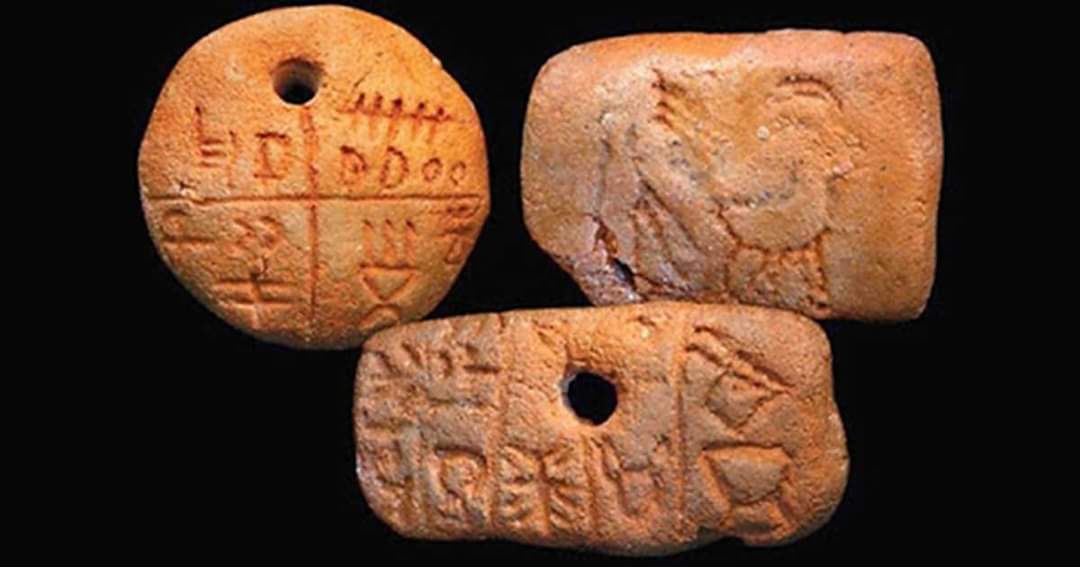
The Discovery of the Tărtăria Tablets
In 1961, a team of archaeologists led by Nicolae Vlassa, from the National Museum of Transylvanian History in Cluj-Napoca, unearthed a remarkable find at a Neolithic site in the village of Tărtăria. Amidst the excavation, they uncovered three small clay tablets, along with a collection of clay and stone figurines, a shell bracelet, and the remains of an adult female, sometimes referred to as “Milady Tărtăria.”
The three tablets, two rectangular and one round, were all inscribed with a series of symbols on a single face. The symbols, which have been associated with the Vinča culture, a Neolithic civilization that flourished in the Balkans, have been the subject of intense scrutiny and debate ever since their discovery.
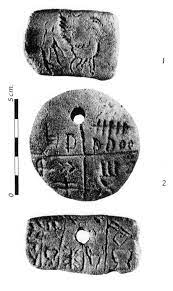
Controversies Surrounding the Tărtăria Tablets
The authenticity and interpretation of the Tărtăria tablets have been the subject of much controversy within the archaeological community. Some scholars have questioned whether the tablets were indeed discovered at the reported site, as Vlassa never provided detailed information about the stratigraphic context of the find. Additionally, the heat treatment applied to the tablets after their discovery has prevented direct radiocarbon dating, further complicating the efforts to accurately date the artifacts.
Another point of contention is the nature of the symbols inscribed on the tablets. While some researchers have argued that the symbols represent an early form of writing, others have suggested that they may have been merely decorative or symbolic in nature, rather than a true writing system. The similarities between some of the Tărtăria symbols and Sumerian proto-cuneiform script have also been a source of debate, with some scholars proposing a connection between the two cultures, while others dismissing the similarities as coincidental.

Potential Implications: The World’s Earliest Writing System?
If the Tărtăria tablets do indeed represent an early form of writing, their implications could be far-reaching. The discovery would challenge the widely accepted timeline of the emergence of writing, pushing the origins of this transformative technology back by several centuries, potentially making the Tărtăria tablets the earliest known writing system in the world.
This would have significant implications for our understanding of the development of human civilization, particularly in the Neolithic period. It would suggest that the Danubian culture, which the Tărtăria tablets are associated with, possessed a level of sophistication and organization previously unrecognized, potentially challenging existing theories about the nature of early European societies.
Moreover, the Tărtăria tablets could provide valuable insights into the origins and evolution of writing systems, shedding light on the process by which humans transitioned from purely pictorial representations to more abstract and symbolic forms of communication. This knowledge could have far-reaching implications for fields as diverse as linguistics, anthropology, and the study of human cognitive development.
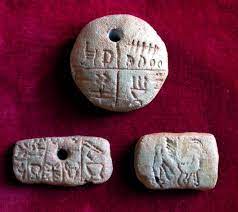
Ongoing Research and Debates
The Tărtăria tablets continue to be the subject of intense scholarly debate and ongoing research. Archaeologists, linguists, and historians from around the world have contributed to the ongoing efforts to unravel the mysteries of these enigmatic artifacts.
Recent studies have focused on analyzing the symbols and their potential connections to other ancient writing systems, as well as exploring alternative interpretations of the tablets’ purpose and function. Some researchers have proposed that the symbols may have been used for ritual or religious purposes, rather than as a true writing system.
Despite the controversies and uncertainties, the Tărtăria tablets remain a tantalizing and captivating subject of study, promising to reveal new insights into the rich cultural heritage and technological advancements of Neolithic Europe. As the research continues, the world eagerly awaits the next chapter in the unfolding story of these remarkable artifacts.
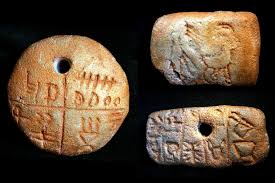
Conclusion
The Tărtăria tablets stand as a testament to the enduring human desire to understand our past and the evolution of our civilizations. These small clay artifacts, inscribed with symbols that may represent the earliest known writing system in Europe, have captured the imagination of scholars and the public alike.
While the debates and controversies surrounding the Tărtăria tablets continue, one thing is certain: these remarkable artifacts have the power to rewrite our understanding of the past and shed light on the remarkable achievements of our ancestors. As we continue to explore and unravel the mysteries of the Tărtăria tablets, we are reminded of the boundless potential of human ingenuity and the enduring quest for knowledge that has driven us forward throughout the ages.
